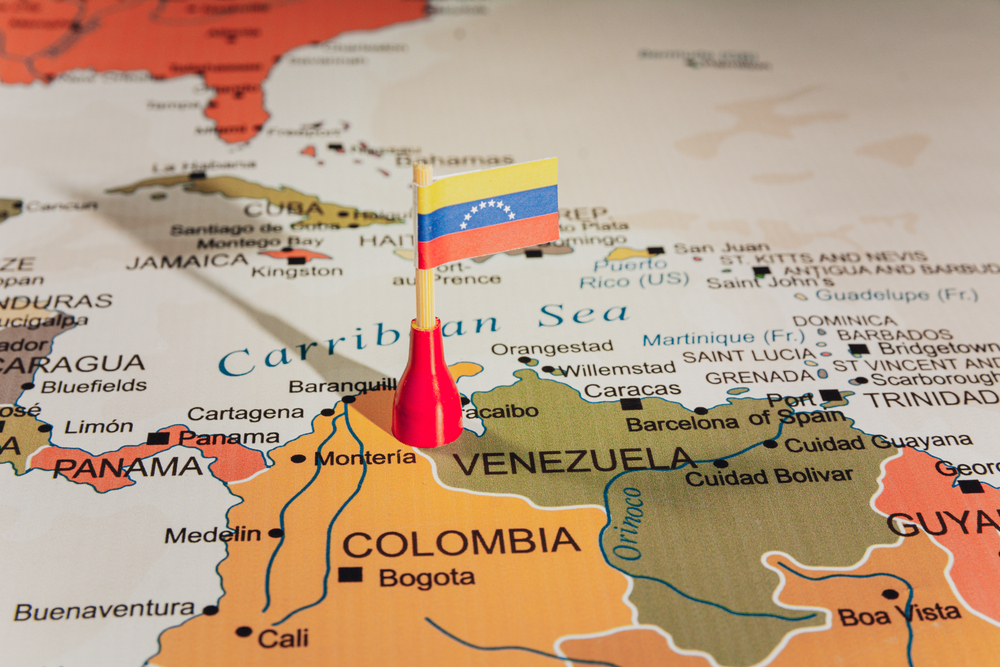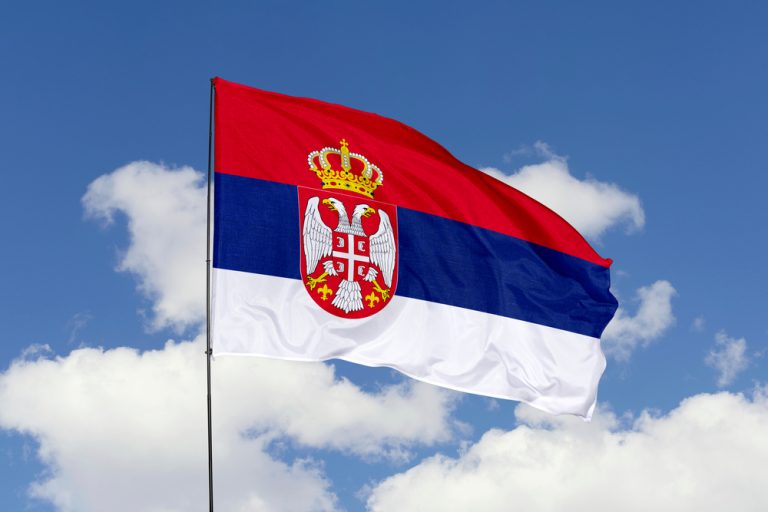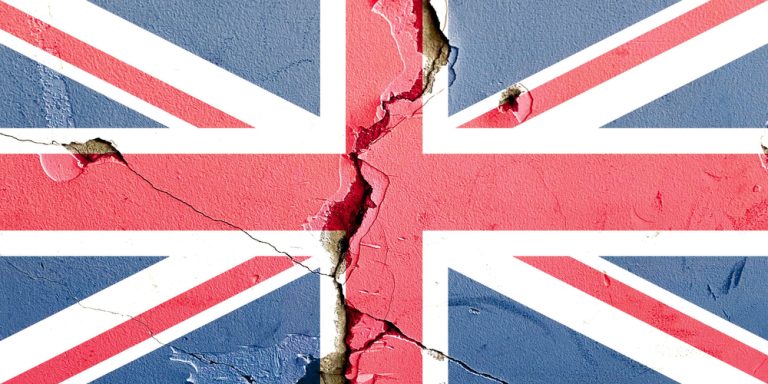
Venezuelan elections as a stumbling block for the West
Venezuela is due to hold presidential elections in 2024. The pro-American opposition is nominating a single candidate, and the White House is allegedly ready to ease sanctions against Caracas. However, the Maduro government does not have much faith in its North American partners and continues its game.
Venezuelan President Nicolas Maduro has already said that elections will be held in the country in accordance with the Constitution, “with or without sanctions”. There is a backstory to this statement, as on October 17, agreements were made between part of the opposition and the government of the country in Barbados on the process of holding presidential elections with the participation of international observers. Already on October 22, the opposition primaries were held and Maria Corina Machado was declared the winner. Back in 2015, the authorities banned her from holding public office and participating in elections for 12 months. Machado’s return to politics was supposed to be a compromise solution, but the Venezuelan authorities accused the organizers of the primaries of fraud and violation of the Barbados agreements, inflated turnout, illegal use of voters’ personal data and attempts to destabilize the political situation in the country. As a result, the female politician was again disqualified, now for 15 years.
Juan Gonzalez, Deputy Assistant Secretary of State for Western Hemisphere Affairs, said that the deadline for the Venezuelan government to comply with the agreements signed in Barbados was November 30. He emphasized that if expectations were not met, U.S. authorities would take steps to lift the easing of sanctions imposed on Venezuela. At the same time, the U.S. Treasury Department warned in its press release that the Maduro government’s deviation from the electoral roadmap at any moment could lead to the return of restrictive measures. Clearly, in dealing with Venezuela, the stakes for the U.S. itself are rising today. Washington is interested in achieving stabilization on at least some fronts. Amid the growing fires in Europe and the Middle East, the Americans will be able to set a precedent for the success of the sanctions policy, showing the other target countries that sanctions are reversible in case of a “change of behavior”.
Washington has consistently and over a long period of time increased sanctions pressure against the government of Nicolas Maduro. In November 2022, following an agreement to negotiate between the Venezuelan leader’s government and the opposition on the 2024 elections, the U.S. reversed course. The U.S. Treasury Department issued two general licenses that introduced certain exemptions to the sanctions regime.
The U.S. is also interested in Venezuelan oil access to the world market, given the ban on supplies from Russia and the uncertainty in the energy market due to political factors. At the same time, the easing of sanctions has its own, already mentioned nuances. And how long-term such easing can be is a huge question. The U.S. has never played Venezuela’s friend, repeatedly trying to put controlled politicians at the head of the state. In this regard, one cannot expect true democracy from the “center of world democracy”, which is well understood in Caracas, refusing to obediently go to the slaughter along the path paved by Washington.

